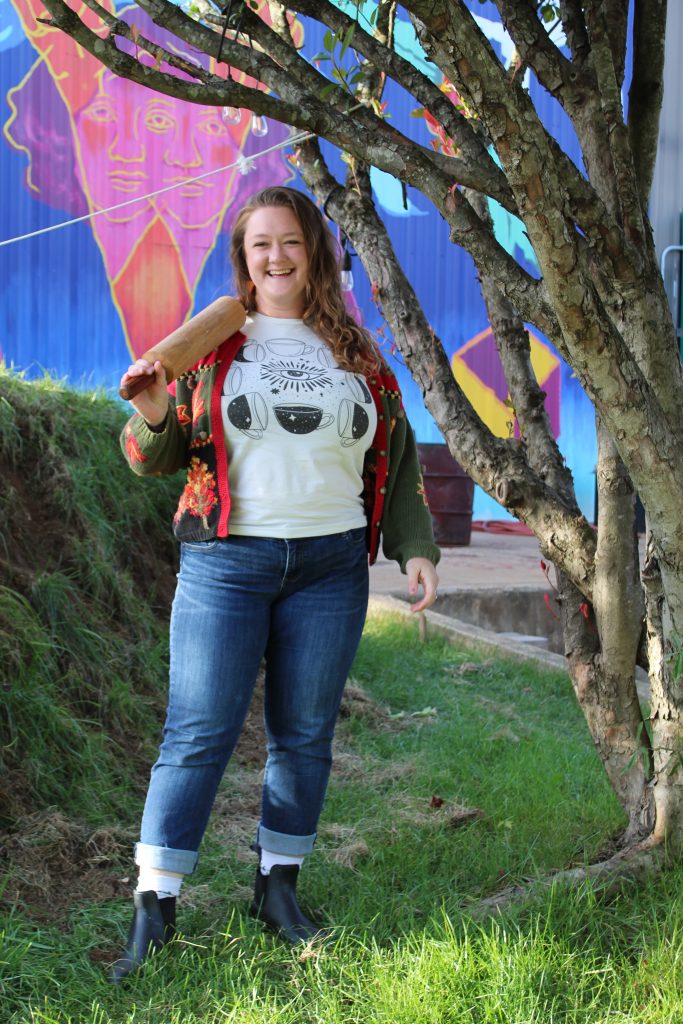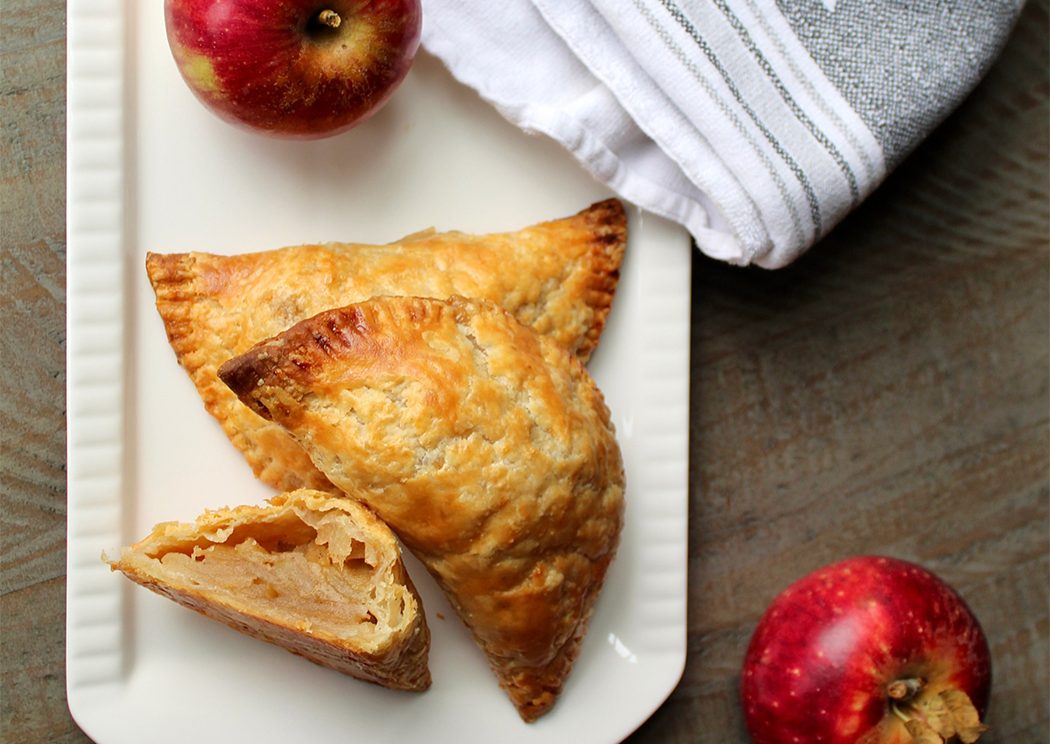By Paul Ting
Spring is springing, in its Virginia way, with perfect breezy days becoming more frequent every week. For many locals, the annual return of chirping birds means rolling out of bed early on Saturday and heading downtown, to the City Market. The beloved market has been in action since 1973, providing an opportunity to shop for fresh produce and farm-raised meats, but also a chance to “see and be seen” as much of the community shops, eats, and mingles.
However, much like the rest of us, the City Market has been forced to adapt as a result of the COVID-19 pandemic. Even now, as vaccinations and decreasing case numbers give the public reason to look forward with hope, City Market is not sure when it will return to “business as usual.” It is clear that the ability to quickly adapt to changing conditions in the community and frequently adjusted guidance from local government is a key strategy at this point in time.
Once the market returns to in-person shopping, it will be welcome news indeed. Since April 2020, when it was announced that the market would be switching to a drive-through model, shoppers have been required to preorder their produce online and then drive up in their vehicles on Saturday mornings for contactless pick up. This new model is open to any vendor registered with the city, providing a wide array of options as well as allowing shoppers to continue to do business with preferred vendors. Of course, while the ability to buy from local farms is greatly welcomed, the change meant a temporary end to browsing in person, picking up a freshly cooked breakfast or coffee on Saturday morning, and the social aspects of attending the market.
The pivot has not been without challenges. The market has had to shift locations multiple times in response to fluid government regulations and local closures—it started at Pen Park before moving to Darden Towe Park and then to Charlottesville High School.
According to City Market Manager Justin McKenzie, “The biggest challenge was migrating vendors and customers online. The shift from an in person…to an online system, where products have to be created/posted and customers have to register and purchase time slots, was difficult at the beginning.”
Although the Charlottesville City Market certainly deserves kudos for its work these past few months, it actually wasn’t the first to establish the online ordering, drive-through market model. That distinction goes to the Local Food Hub, a nonprofit founded in 2009 with the goal of connecting area independent farms directly with consumers and increasing access to fresh, local food for food-insecure communities. Quickly recognizing the needs and challenges that COVID-19 presented, the Local Food Hub announced the establishment of its contactless pick-up market on April 1, 2020, “due to small farms and food businesses challenged by stay-at-home executive orders.”
The Local Food Hub market and the City Market operate similarly, and both of them currently utilize the same online platform for ordering. Pick up for the Local Food Hub market occurs twice a week on Wednesdays and Fridays at the old Kmart parking lot off Hydraulic Road (with some small adjustments made recently to allow the Blue Ridge Health Department to set up a large tent in order to distribute COVID-19 vaccines). While the Local Food Hub features a smaller number of vendors, the organization notes that vendors are specifically chosen for quality and to provide a good assortment of products, but also to minimize overlap that could decrease individual vendor profits.
It’s worth highlighting that Local Food Hub vendors receive 100 percent of their sales without any fees taken out. In fact, the online ordering platform allows shoppers to also pay fees incurred by the vendors for credit card processing and the online platform. This highlights the nonprofit mission behind the market, but many may be unaware that it means the organization operates the market at a loss. For those who wish to support these efforts, donations to the Local Food Hub are always welcome, and you can “buy” market support while you are doing your weekly shopping.
Take a walk
If you’re hankering for the in-person market experience right away, the IX Art Park Farmers Market still allows customers to wander the premises, letting everyone check out what’s fresh, what looks good, and what might inspire the perfect menu. Held on Saturday mornings, the focus is on a more traditional outdoor market experience that doesn’t require advance ordering (although online ordering for pick up is available). In addition, there are fresh prepared food options available from food trucks and some of the vendors.
The IX Park market was founded in 2018, previously existing as a way of bridging the winter months when the City Market was closed. However, due to its popularity during the pandemic, the market was continued past March last year, and ran through the rest of 2020. In January 2021, the market resumed for its fourth season, and quickly announced that it will again continue through the year.
The organization behind this market is Market Central, a nonprofit that “advocates for local food, farmers’ markets, and strong connections between the producers and community.” While it does charge vendors fees to rent space, it relies on donations for much of the work at the market and in the broader community. In addition, Market Central is able to provide SNAP and SNAP Match incentive coupons through a partnership with the Virginia Fresh Match program.
Cecile Gorham, co-founder and chair of Market Central, observes, “Both customers and vendors have appreciated and favorably responded to the opportunity to safely walk through our outdoor space for essential and nutritious food. Families seem to enjoy the opportunity to safely get outside.”
A recent visit to the IX market showed many precautions being taken: posted signs, hand sanitizer stations, widespread mask wearing, strict social distancing, and touch-free transactions. Perhaps more importantly, it revealed fresh produce and meats, a bevy of favorite food trucks, and many neighbors supporting local farms and businesses. Not only do these markets keep dollars in the local economy and promote community, but, through the inspired work of the city and nonprofits, they also help bring food to many who truly need it. As Gorham is proud to point out, during the pandemic “it has been important for vendors and customers to have options to connect for local food. Local producers have filled in food shortages with fresh, high-quality products.”
Vendor spotlight
Good eats
In addition to fresh eggs and produce, Sussex Farm is known for freshly prepared Korean food and a wide variety of kimchi. Jennifer Naylor, affectionately known as “Mama Bird” to those who frequent her stall, says it’s been challenging to provide fresh food and an alternative to grocery stores. “I think it’s an absolute necessity for people to consume what’s local and fresh to boost their immune system during times like this,” she explains, “Now, the market has become a place to go for safe, healthy, local food and fresh air.”
No more feeling crabby
Sweet Jane’s Kitchen offers Maryland-style jumbo lump crab cakes, both ready to eat and to take away and cook at home. Owner Alyce Johnson says they experienced an overall decrease in engagement this past year, but they’re “grateful to still be operational and hopeful for the upcoming season. The local community’s commitment to supporting local businesses has been really encouraging.”
Sharing is caring
Offering a wide variety of organic produce, fresh eggs, and meats each week at the IX market and the Local Food Hub market, Bellair Farm has become well known in Charlottesville largely as a result of its community-supported agriculture program. “Business has changed a lot,” says Michelle McKenzie, who credits the quick pivots by the markets for being instrumental in helping get through 2020, “We saw record sales…from farmers’ markets, which helped offset reduced income from events on the farm.”
Whisper Hill Farm offers many items that are popular among shoppers, including fresh garlic and a wide variety of peppers. Prior to 2020, most of the farm’s business was at farmer’ markets, but one result of this past year was an increase in its CSA, from 30 members in 2019 to 250 members in 2020. The farm has just opened up an additional 200 members shares for 2021.
Perfect pear
Myo Quinn found her way to Charlottesville from New York City when the COVID-19 pandemic hit. Shortly after, Quinn met Holly Hammond of Whisper Hill during a visit to the IX market. The duo became fast friends and fast business partners. Their joint venture, the recently launched Pear, offers sweet and savory baked goods at the IX.
Still truckin’
Opened in the midst of the pandemic, Basan food truck is a staple presence at IX market, which is the only market that currently features food trucks. The menu offers an interesting mix of ramen, Korean fried chicken, and some amazing and ever-changing specials, based on Asian street food. Co-owner Anna Gardner explains, “Market Central has been absolutely wonderful trying to work with vendors and adapt safety protocols to all of the changes.” Co-owner Kelsey Naylor adds, “the farmers’ market scene has been incredibly helpful for us. It allows us to serve people in a setting where they can really spread out, or take food home, which helps minimize risk for all involved.”


